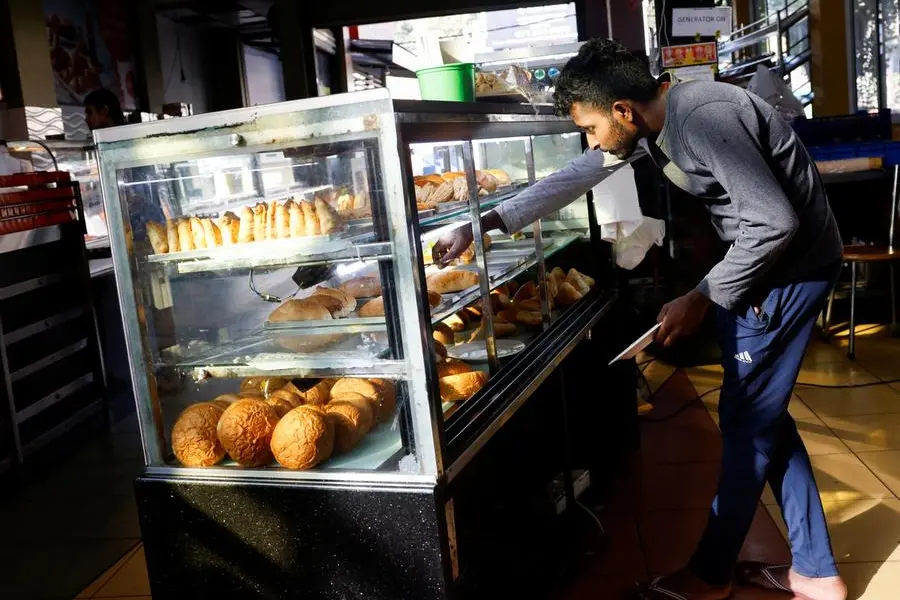PHOTO
Sri Lanka's consumer price inflation slowed to 10.8% year-on-year in June from 22.1% in May, helped by a sharp moderation in food price rises, the statistics department said on Friday.
The National Consumer Price Index (NCPI) captures broader retail price inflation and is released with a lag of 21 days every month.
Food prices rose 2.5% in June, slowing from an annual rise of 15.8% in May, the Department of Census and Statistics said in a statement. Prices for non-food items rose 18.3% year-on-year in June. Sri Lanka’s inflation has come down sharply in the last two months from the runaway levels seen earlier, partly due to the statistical base effect, but also helped by better harvests, and a stronger rupee, which has lowered costs for fuel and power.
A $2.9 billion bailout from the International Monetary Fund (IMF) secured in March has topped up foreign reserves, which had dwindled to record lows in early 2022 and plunged the island into its worst financial crisis in more than seven decades.
"This is in line with expectations. We will see inflation hit single digit levels at the end of July, possibly reaching about 8.5%," said Shehan Cooray, head of research at Acuity Stockbrokers.
Encouraged by inflation easing faster than expected, Sri Lanka’s central bank cut policy rates by 450 basis points in June and July this year, after raising them a record 1050 basis points till March.
The Central Bank of Sri Lanka (CBSL) is expected to continue easing interest rates in the second half of the year to improve growth, but the crisis-battered economy is still expected to contract by 2% in 2023 after shrinking 7.8% last year.
Sri Lanka's key inflation rate, which tracks prices in the country’s largest city of Colombo, eased sharply to 12% in June from 25.2% in May, the statistics department said. (Reporting by Rama Venkat in Bengaluru; Editing by Andrew Heavens, Simon Cameron-Moore, William Maclean)





















